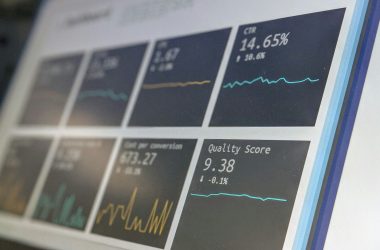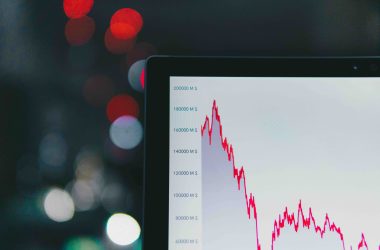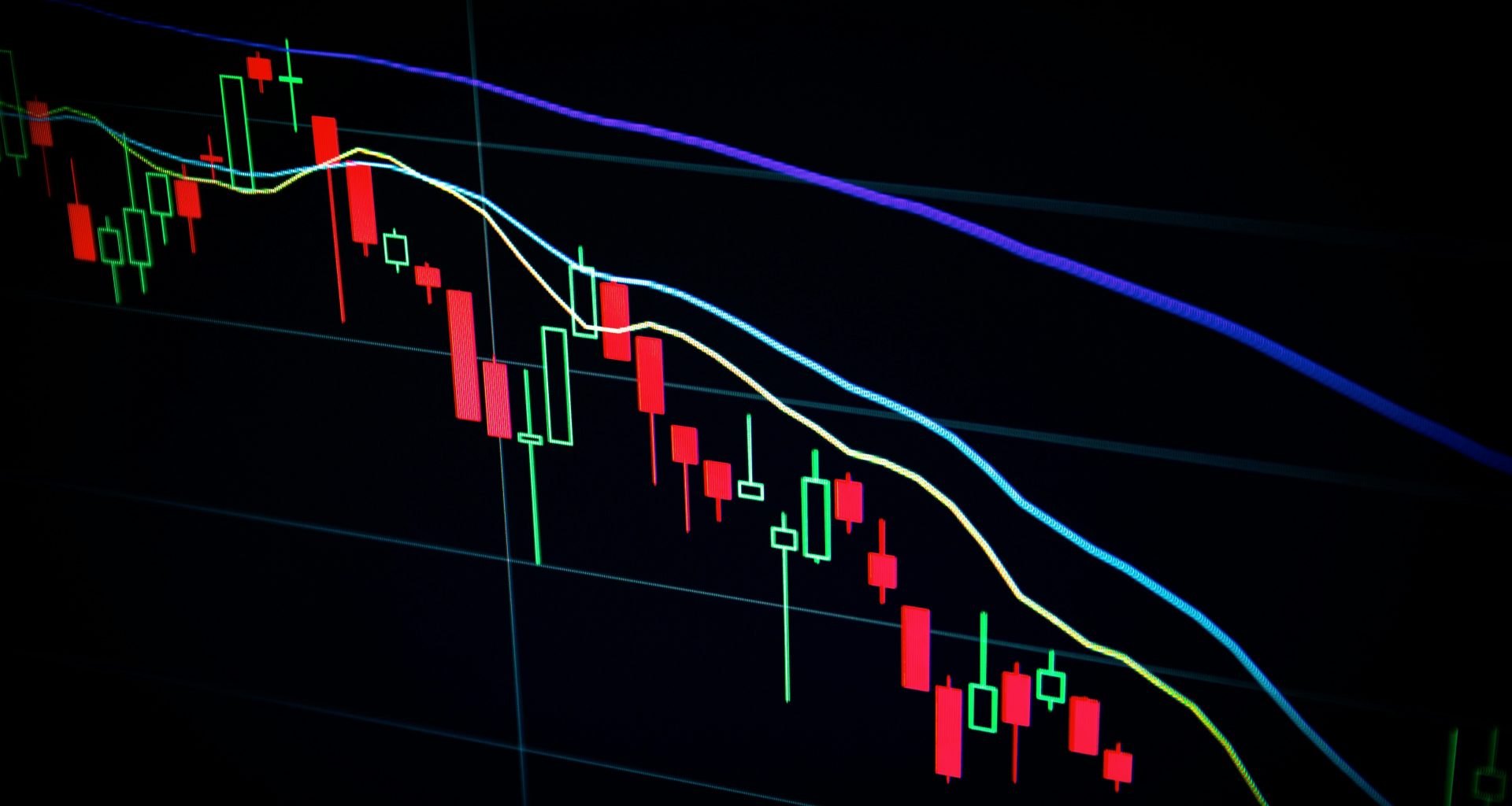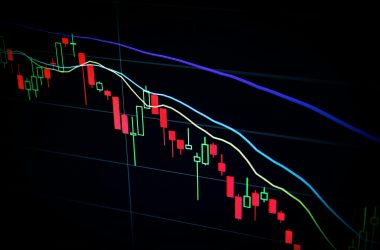Trading isn’t just about crunching numbers or making logical deductions; it’s an intensely emotional endeavor. Even the most rational trader is subject to the whirlwind of emotions such as fear, excitement, and confusion, not to mention various cognitive biases. These emotional undercurrents often dictate the success or failure of a trader, intertwining deeply with the more tangible skills of the trade.
A successful trader does more than navigate the turbulent waters of market data and chaotic conditions—they must also master the delicate balance between cold rationality and the inherent emotional nature of short-term trading. While many traders hone their hard skills—those quantifiable abilities like data analysis and financial forecasting—they often overlook the crucial soft skills. Yet, these are far from optional and can make a significant difference in a trading career.
In this exploration, we’ll delve into eight essential soft skills that every trader should cultivate, illustrating why these skills are just as vital as their hard-skill counterparts.
The Integral Role of Soft Skills in Trading
Hard skills might open the door to the trading world, helping you analyze and execute trades. However, it’s the soft skills that unlock a plethora of opportunities, facilitating not just survival but thriving in the high-stakes world of trading.
Take Warren Buffett as an exemplar: his formidable experience in financial analysis is well-documented, yet his success isn’t solely attributed to his ability to spot undervalued stocks. Buffett’s discipline and his prowess in maintaining calm under pressure highlight the potent combination of hard and soft skills.
The Top Eight Soft Skills for Traders
Discipline
The bedrock of profitable trading, discipline involves adhering to a well-defined strategy, optimizing capital allocation, and setting appropriate safeguards like stop-loss and take-profit orders. Knowing when to stop trading, particularly after a rough day, is equally important.
Stress Management
The ability to manage stress is crucial, especially in strategies that require quick reflexes like scalping. Developing techniques to maintain clarity of thought will enhance focus and decision-making under pressure.
Patience
Often underrated, patience is the capacity to wait for the optimal moment for trading actions, avoiding premature decisions that lead to poor outcomes.
Quick Decision-Making
This skill is essential for capitalizing on opportunities swiftly and effectively, particularly in fast-moving markets.
Adaptability
Flexibility in adjusting trading strategies in response to market changes is vital for long-term success, allowing traders to remain effective even when initial plans falter.
Risk Management
Effective risk management involves not only setting up protective measures but also understanding and managing the trade-off between risk and reward, crucial for sustainable trading.
Time Management
Successful trading requires disciplined time management, particularly for those trading independently or with prop firms, where self-regulation is key.
Communication
Even in solo trading, the ability to communicate effectively can significantly enhance learning and collaborative opportunities within the trading community.
By integrating these soft skills with technical proficiency, traders can not only improve their immediate performance but also set the stage for sustained success and growth in the fast-paced world of trading.





